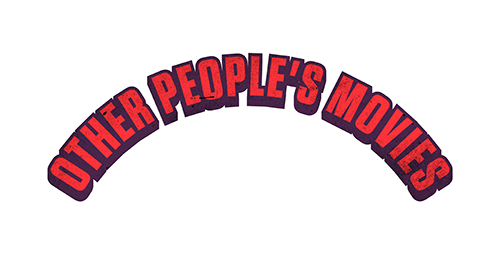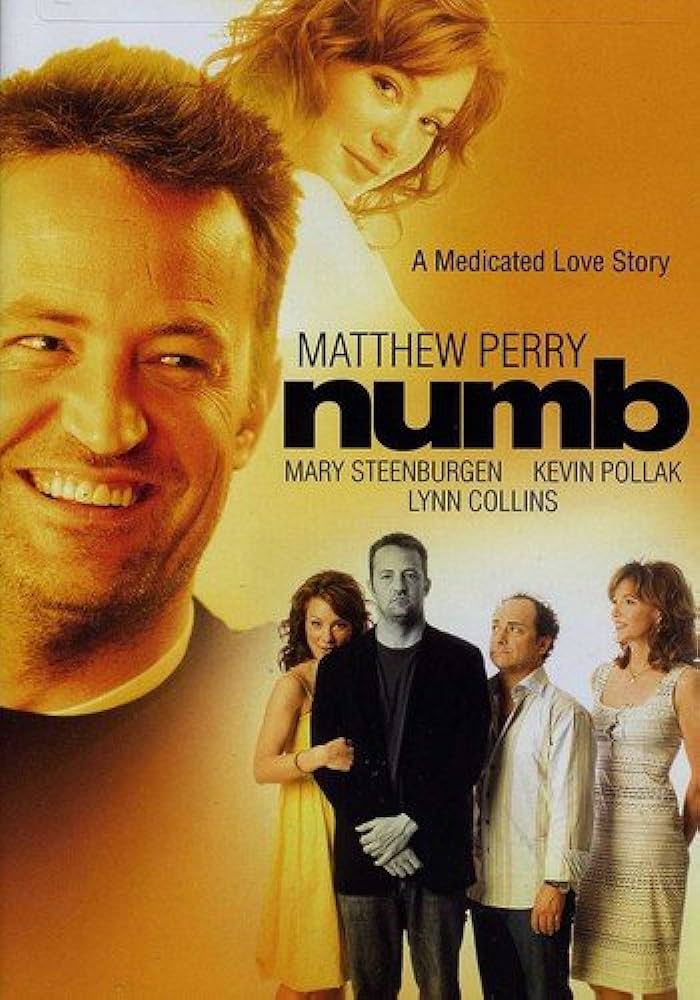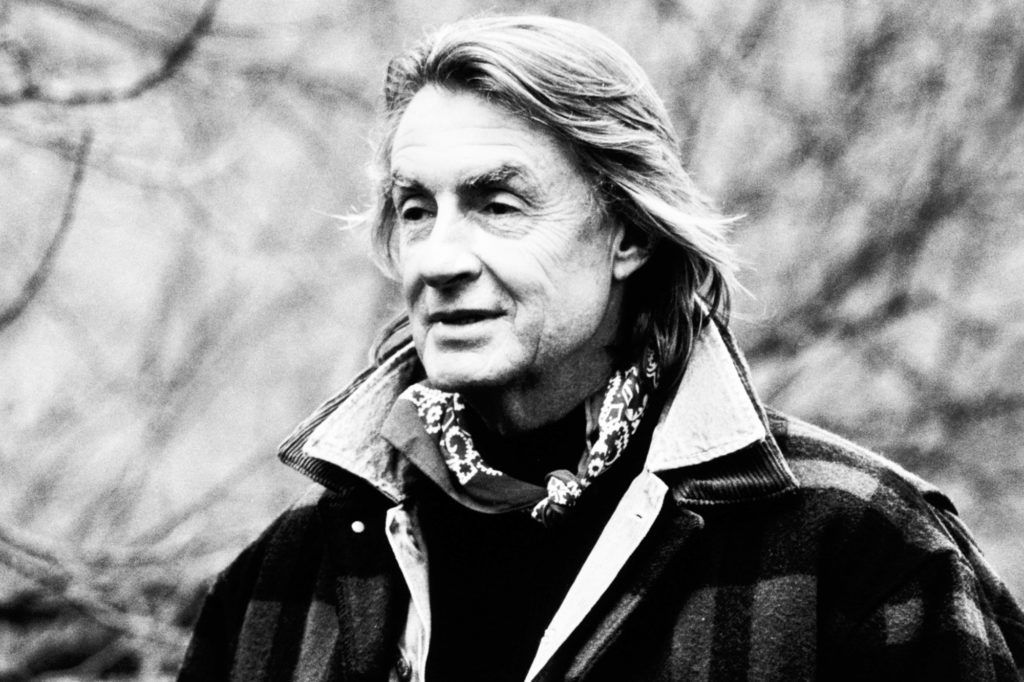
When Joel Schumacher passed on June 22 of this year, it created an unpredictable and substantial void in the world of cinema. In spite of all he accomplished in his near-fifty-year career, his name never fully survived infamy for being the filmmaker responsible for putting nipples on the Batsuit. What those who dwell on his shortcomings easily forget is that there is more than a fair amount of greatness to be found in his large body of work.
Joel Schumacher’s wildly eclectic directorial career stemmed from his multi-faceted early years behind the camera. Working as a costume designer (Sleeper, The Last of Shelia) and screenwriter (Carwash, The Wiz) in the seventies, Schumacher steadily rose in the ranks to direct a couple of comedy cult favorites in the eighties with The Incredible Shrinking Woman and D.C. Cab.
Schumacher then went on to have one of Hollywood’s most impressive and fascinating careers, one in which he was essentially several different filmmakers in one. He was a slick studio helmer who delivered blockbuster entertainment. He was a thoughtful dramatist who skillfully adapted John Grisham bestsellers into box office hits. He was a master stylist who made movie stars out of unknowns with youth-oriented pop culture extravaganzas. He was also an auteur—someone who made a few smaller, grittier, idiosyncratic films that were so personal and unique in their executions that they could come from no other filmmaker than Joel Schumacher.
However you feel about Schumacher’s films, there’s no denying that he took numerous bold risks throughout his career. Some of his risks were a success, others were failures, and many rode the line as neither and both at the same time. Whatever the final result, Schumacher’s risks will prove to pay off as they continue to be the subject of conversations in the years to come.

10. St. Elmo’s Fire (1985)
The eighties are alive in every frame of this poppy, melodramatic tale of young, recent college graduates trying to find their way through the harsh realities of adulthood. The Brat Pack cast (Ally Sheedy, Judd Nelson, Andrew McCarthy, Andie MacDowell, Mare Winningham, Rob Lowe, Demi Moore, Emilio Estevez) couldn’t get any brattier, and Stephen H. Burum’s luscious cinematography couldn’t capture them more beautifully. Schumacher created a cultural phenomenon with St. Elmo’s Fire that influenced an entire generation in countless ways. Being young and dysfunctional has never been sexier.
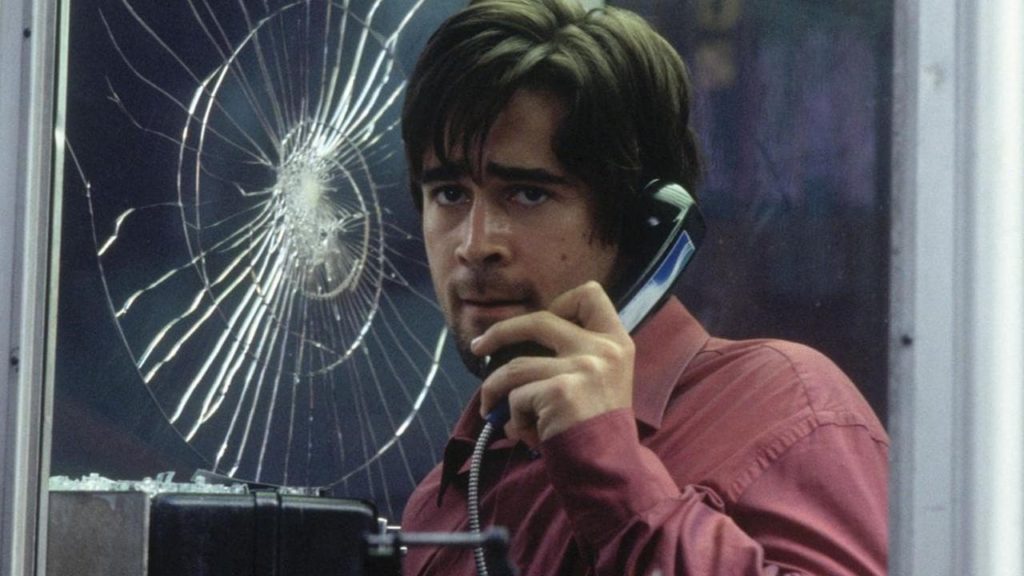
9. Phone Booth (2004)
Colin Farrell stars as a fast-talking publicist who gets trapped in a phone booth by a morally righteous sniper. With its lean 81-minute runtime and highly limited locations, Schumacher proves with Phone Booth that he can do a lot with a little. He hits all the right beats of Larry Cohen’s tautly structured screenplay, resulting in a film that packs an intense and unforgettable emotional wallop.
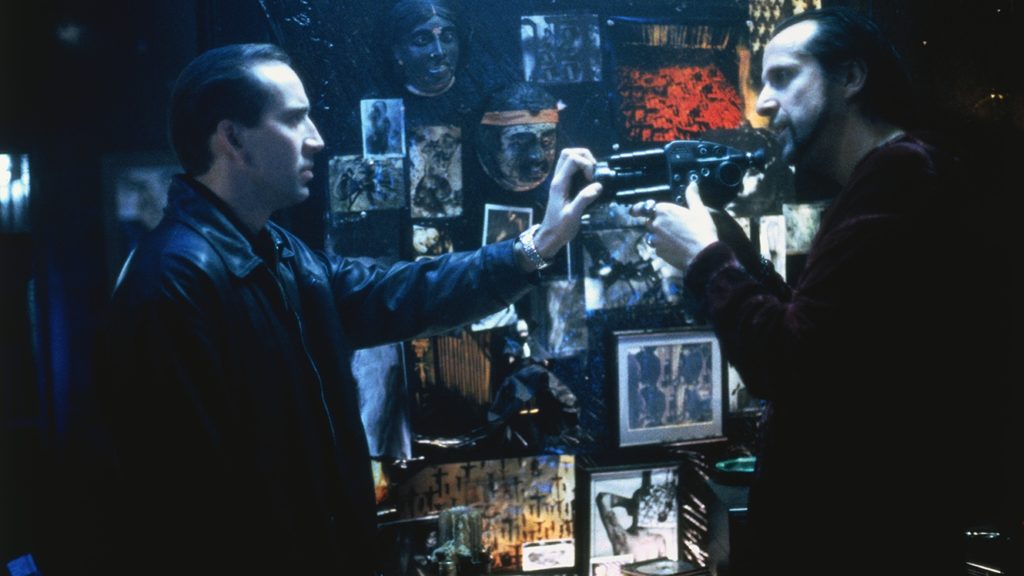
8. 8mm (1999)
Nicolas Cage stars in this Andrew Kevin Walker-scripted thriller about a private eye who gets sucked into an underworld of illegal pornography and dangerously perverse men. Probably the darkest film on Schumacher’s resume, 8mm is unrelenting in its tension and uncomfortable atmosphere. Gritty, grimy, and downright nasty at times, the film was Schumacher’s first directorial effort after his Batman and Robin debacle. There couldn’t have been a better film to cleanse his system of all that family-friendly neon than 8mm.

7. Tigerland (2000)
Schumacher leaves all his stylistic flourishes behind for this raw, unflinching portrait of army recruits in infantry training for the Vietnam War. Wholly character-driven, the film relies on the strength of Ross Klavan’s and Michael McGruther’s screenplay and its then-unknown cast (including a star-making performance from a young Colin Farrell) to deliver the dramatic goods. Schumacher’s direction is invisible and ego-less, making Tigerland one of his most undervalued efforts.

6. Flawless (1999)
A homophobic former New York City cop (Robert De Niro) suffers a stroke and starts taking singing lessons from his drag queen neighbor (Philip Seymour Hoffman). Working from his own screenplay, Schumacher takes what could have easily been a contrived sitcom premise and turns it into something heartfelt yet surprisingly matter-of-fact. Flawless is a film about diversity and tolerance that delivers its message by way of subtlety, skill, and sincerity without drowning in sentiment.

5. A Time to Kill (1996)
Schumacher’s second time adapting a John Grisham bestseller (after 1994’s excellent The Client) is one of his most powerful efforts as a filmmaker. In A Time to Kill, Schumacher takes on such challenging topics as racial violence, social inequality, and justice in the legal system. Impressively, he makes the material accessible for a wide audience without watering it down too heavily.
Schumacher’s talent for casting was never on fuller display than in A Time to Kill. Sandra Bullock, Charles S. Dutton, Ashley Judd, Samuel L. Jackson, Oliver Platt, Kevin Spacey, Kiefer Sutherland, Donald Sutherland, and many others round out the phenomenal ensemble. Schumacher’s most inspired casting choice, however, was in his career-jumpstarting selection of the then-little-known Matthew McConaughey for the film’s lead.

4. Cousins (1989)
Based on the 1975 French film, Cousin, Cousine, this entry is easily Schumacher’s most underrated accomplishment as a filmmaker. Filled to the brim with an appreciation for humanity, Cousins is a simple but beautifully executed meditation on life, love, and family. The stellar ensemble cast features Ted Danson, Isabella Rossellini, Lloyd Bridges, Keith Coogan, William Peterson, and Sean Young—all of whom deliver some of the most effortless and spontaneous performances of their careers.

3. Flatliners (1990)
A group of medical students (portrayed by Kiefer Sutherland, Kevin Bacon, Julia Roberts, Oliver Platt, and William Baldwin) decide to play God and defy death in this overwhelmingly stylish yet thoughtfully executed thriller. Schumacher goes full-blown neon-Gothic with the film’s visual design, creating an unsettling yet beautiful atmosphere that nicely complements the film’s themes of childhood pain and the consequences of meddling with nature. Flatliners is a daring piece of pop culture entertainment that will be remembered as one of Schumacher’s finest directorial accomplishments.

2. The Lost Boys (1987)
You can’t talk about Joel Schumacher without mentioning this classic, highly stylized teenage vampire movie. Part coming-of-age comedy and part horror, the film is equally funny, sexy, and scary. With The Lost Boys, Schumacher is at his boldest visually and his most playful tonally.
Like St. Elmo’s Fire, it is a film that defines and celebrates the eighties while featuring a beautiful cast of then-up-and-comers (Jason Patric, Corey Haim, Corey Feldman, Jami Gertz, Alex Winter, and Kiefer Sutherland amongst others). Schumacher’s stylish approach sometimes resembles an eighties metal hair band music video—but you just have to see it to believe how well it works in the context of the film. The Lost Boys is an important piece of eighties pop culture that stands as tall today as it did when it was released over thirty years ago.

1. Falling Down (1993)
Michael Douglas gives the performance of his career as a laid-off defense worker who abandons his car in the middle of an L.A. traffic jam. He then heads home through the city on foot and encounters everything wrong about America: racism, homophobia, rampant consumerism, social inequality, etc. As his journey progresses, he eventually discovers that all of society’s ills are manifesting themselves inside of him and that he himself is at the center of what’s enraging him so deeply.
Falling Down is undeniably Joel Schumacher’s most courageous directorial effort. He takes more stylistic, thematic, and tonal risks in one film than most filmmakers attempt in an entire career. It is an unforgettable portrait of a man falling apart, a darkly comedic joyride into hell that thrills you and makes you laugh. Then it turns on a dime and forces you to question how you could have ever enjoyed such a tragedy in the first place. Falling Down is Joel Schumacher at his most provocative, and by no coincidence, it’s also the filmmaker at his absolute best.
